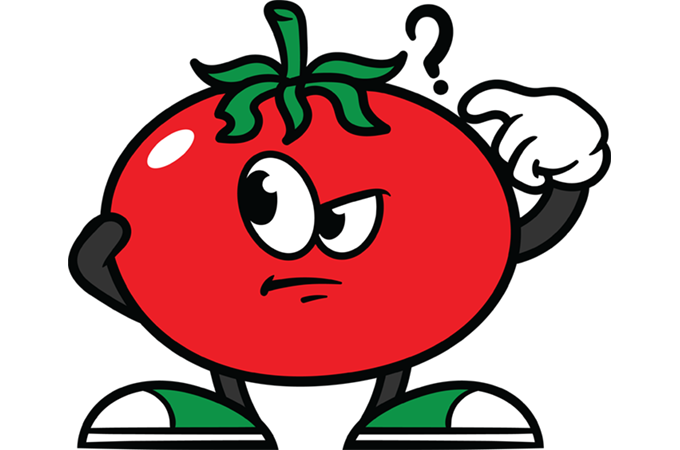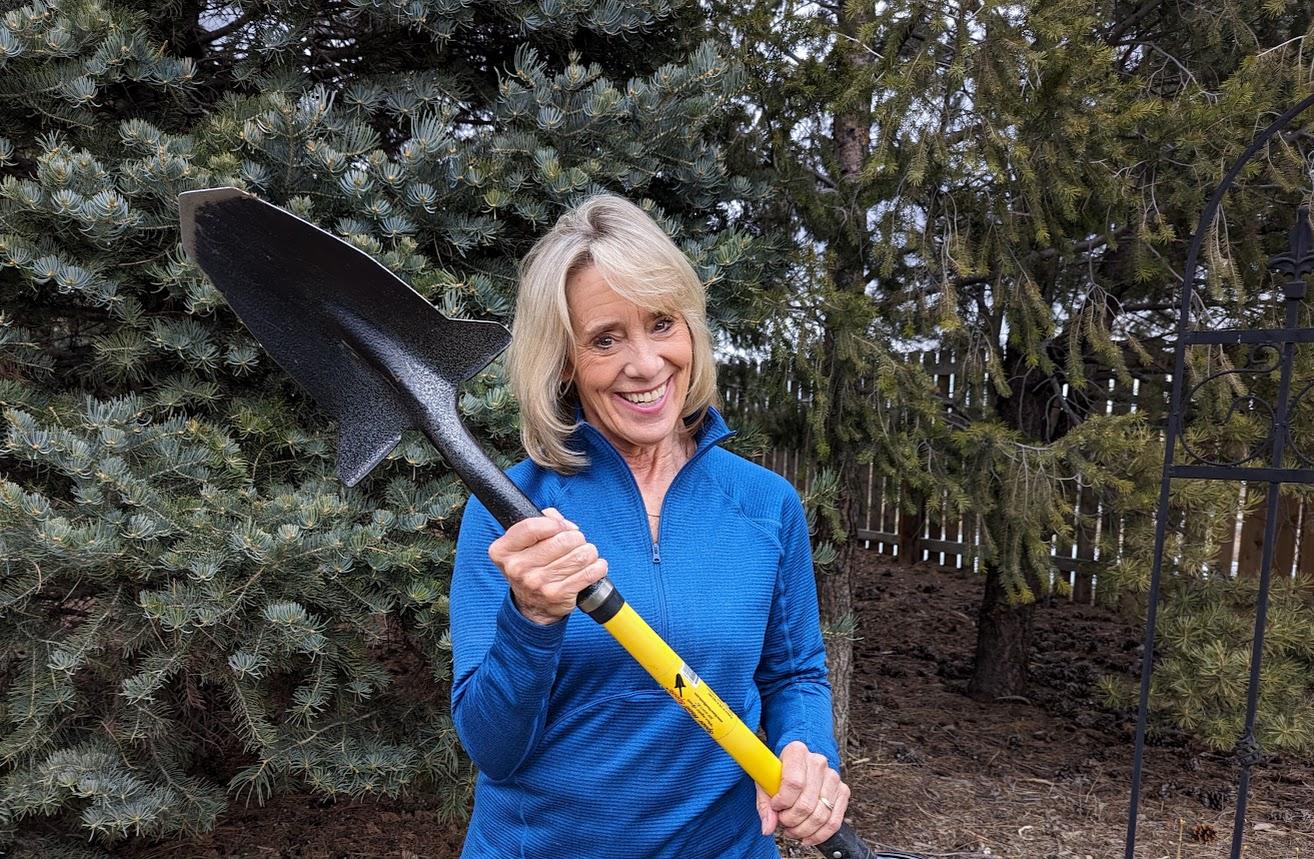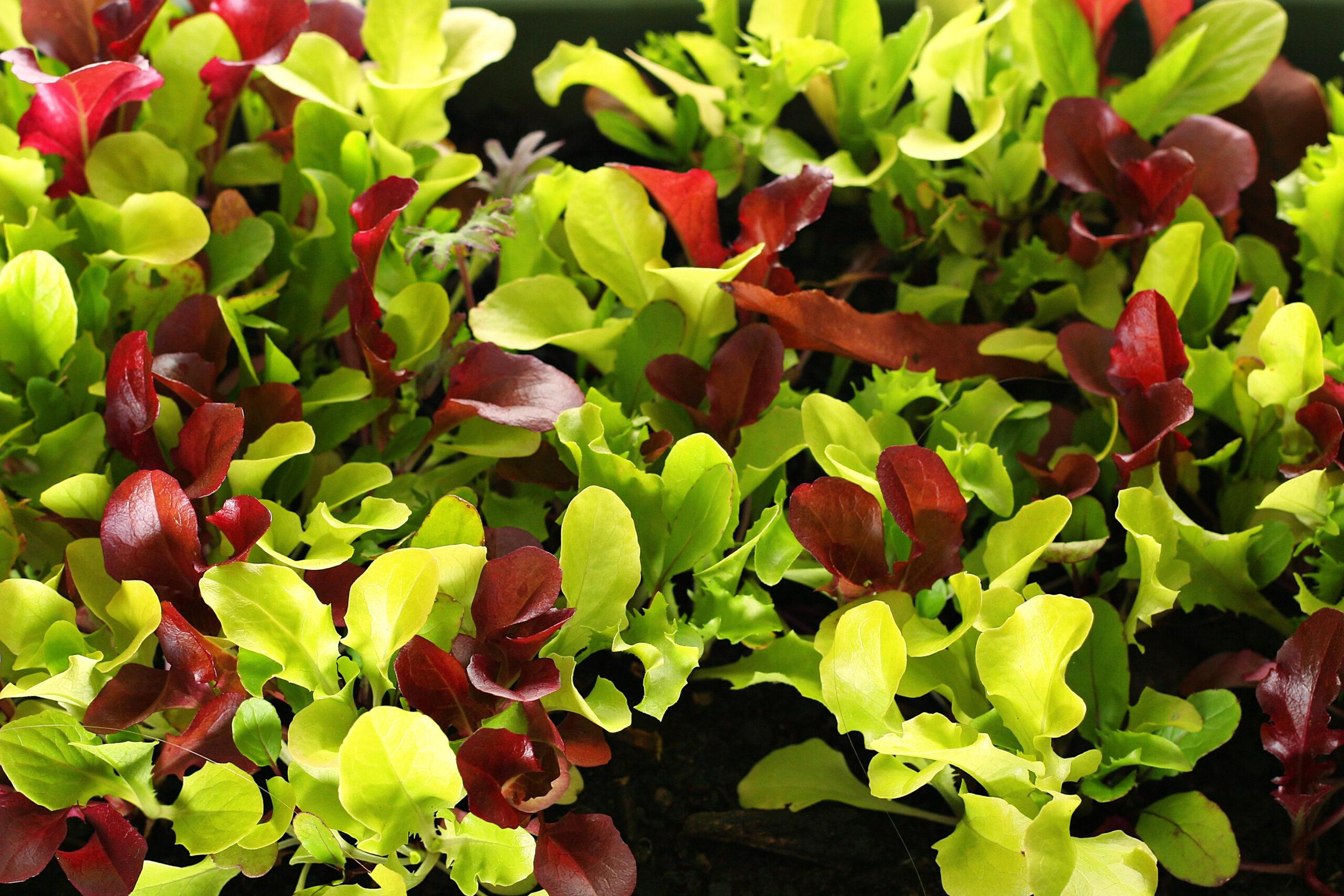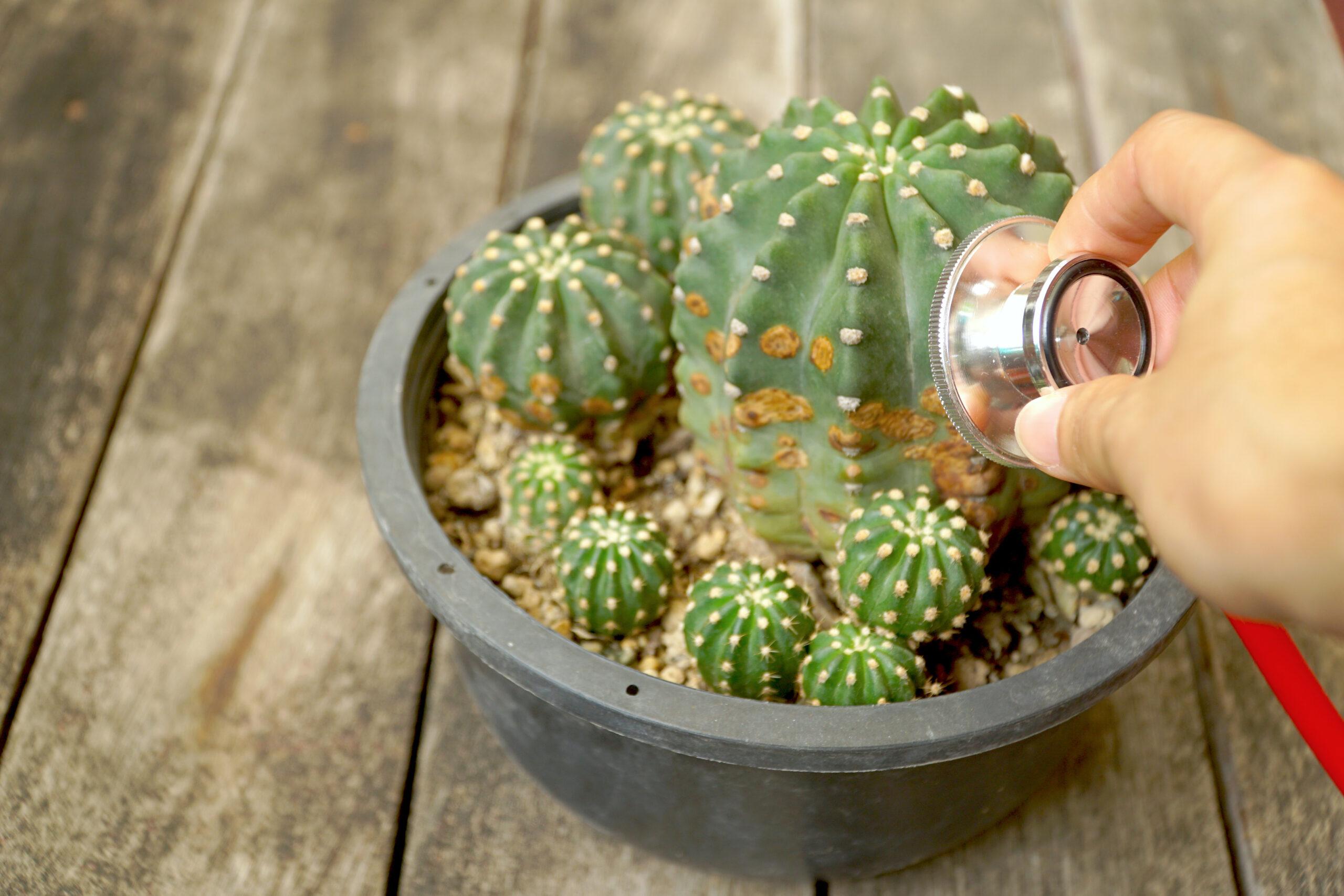If you want great tomatoes, then let’s spend just a little time in Tomato School… untangling the terms on all of the signs above the more than 100 varieties of tomatoes at Tagawa Gardens? Demystifying that tomato jargon can go a long way towards helping you select and grow the purr-fect tomatoes this summer. For example, let’s start with…
“Heirloom” v. “Hybrid”
In short, an heirloom tomato is one that’s just the way Mother Nature made it. It’s never been altered by plant breeders. Heirlooms are known for their “old-fashioned” taste. Many (but not all) heirloom tomatoes are especially large… so large that one lovely slice will cover an entire sandwich!

Mortgage Lifter is a famous heirloom. Legend has it a farmer in the 1930’s was able to pay off his mortgage thanks to a bumper crop of these big, beefy tomatoes.
I always include several heirlooms in my garden because with a little extra effort, they’re not only delicious, they’re also beautiful. But there can be a drawback. Most heirlooms have little or no disease resistance. They can be sitting ducks for damaging bacteria and fungi. Still, with extra attention and care, like keeping your garden especially clean and perhaps using lightweight fabric “row covers” to fend of insects, heirlooms can be worth the extra TLC.
Hybrid tomatoes can be quite different from heirlooms. As the name suggests, hybrids are crosses between two different tomato varieties. Crossing the genetics lets the plant breeders instill increased disease resistance by using two parent plants known for their vigor.

Roma VF is a hybrid tomato, as its sign indicates. It has been bred to be resistant to two particularly troublesome diseases. Hybrid tomatoes can also be bred to have fewer problems with things like skins that crack and split.
Some people would argue that there’s nothing like that old-timey full tomato flavor that heirlooms give. And opinions on what is the”best” tomato should be respected as matters of personal and passionate choice. Still, with well over 100 varieties of tomatoes to choose from, both hybrid and heirloom, Tagawa’s has tomatoes that can rock your world no matter which type of ‘mater you choose!
“Determinate” v. “Indeterminate”
Distinguishing between these two terms can go a long way towards helping you grow the tomato that’s best for how and where you garden.
Determinant tomatoes have a compressed harvest. They bring on their crop over the course of several weeks, but not all season long. Gardeners sometimes think they’ve done something wrong when their tomato plants stop producing. It may simply be that they’ve planted a determinate tomato and not realized what that means.

Celebrity tomatoes are determinantes. They’re often cited as one of the best all-around varieties to grow. The signage at Tagawa’s describes Celebrities as “delicious and dependable,” and they’ve won awards to prove it.
Determinate tomatoes are especially helpful for gardeners who want to can or preserve a good part of their crop. With all of the fruit ripening within four to five weeks, the work in the kitchen doesn’t drag on all summer.
I don’t preserve any tomatoes, but I still plant several determinate varieties because there are so many delicious ones to choose from. I just make sure that I grow other varieties too, like the longer-harvest indeterminates.
Indeterminate tomatoes are often called “vining” tomatoes. They often grow taller than the determinantes and produce fruit for many weeks, as long as the weather permits. They’ll definitely need staking or cages for support.
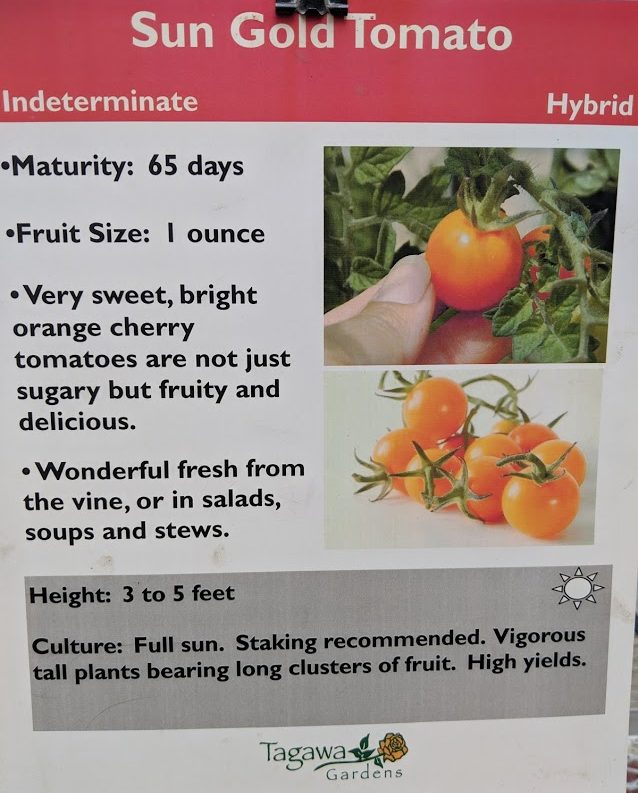
My personal go-to tomato is an indeterminate: the wonderful Sun Gold. As their sign indicates, Sun Golds have an especially high yield. That’s because they’re indeterminates. Once their harvest begins, it goes on and on.
As a side note, if I could grow only one tomato, it would be a Sun Gold. This beautiful bright yellow-orange cherry tomato always scores well at Tagawa’s tomato-tasting contest in late summer.
The only complaint I’ve ever heard about Sun Golds? They never seem to make it out of the garden. They’re picked and eaten right where they grow. They’re that good! It’s a nice problem to have.
“Days to Maturity”
This description is also known as “days to harvest.” It’s an important piece of information if you know how to use it.
Days to maturity tells you how long until a particular plant is likely to begin producing ripe tomatoes. But when does the clock start ticking?
It starts when the tomato is transplanted from its garden center container into your garden, not from the time the plant was seeded by the commercial grower.

Fourth of July tomatoes have one of the shortest days to maturity: just 49 days, although that can be highly dependent on variables such as weather, meaning it may or may not live up to its name and provide ripe fruit by Independence Day. But still, as the sign indicates, the earliest harvest may give you bragging rights on your block!
Longer-season tomatoes are often (but not always) larger. They include both heirlooms and hybrids.

Beefsteak tomatoes require an especially long growing season, averaging 85 to 96 days to harvest. Along Colorado’s Front Range, that means getting a successful harvest may require Walls o’ Water or other season-extending tricks. But with the prospect of “lucious, meaty, big red tomatoes,” it is very tempting.
And now that we’ve demystified the jargon…?
It’s time to put this information to work! Consider extending your harvest by growing a short season tomato that matures in 50 or 55 days and a longer season tomato maturing in 60 to 75 days or more.
Or grow both an heirloom and a hybrid, then judge the flavor for yourself. Or include a determinate and an indeterminate so once the tomatoes start coming in, you’re good for the season.
Whatever combination meets your needs is what you should grow. And always remember that the good folks in Tagawa’s Vegetable Department are always happy to lend their advice. Trust me: they’ve been going to Tomato School for a lot of years, and they’re always ready to help. Good luck!
